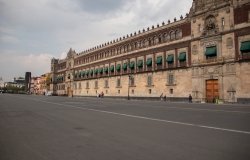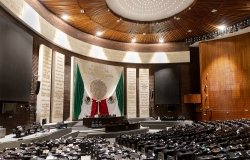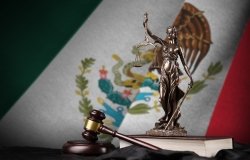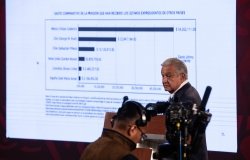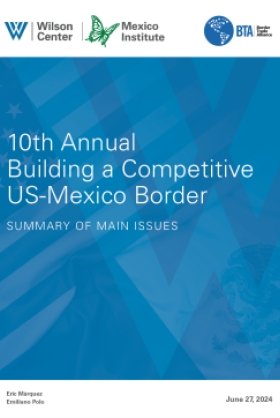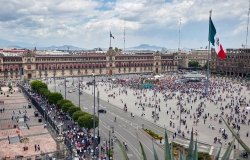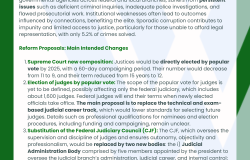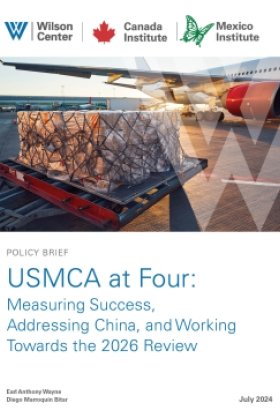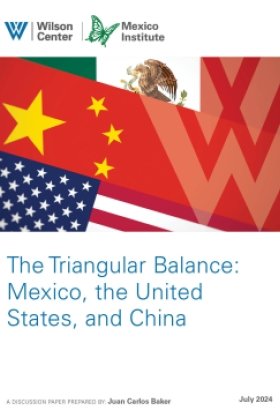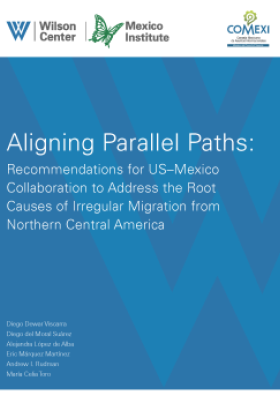Mexico Institute in the News: Science at stake in Mexican election
For much of the twentieth century, Mexico was considered to be the leader in Latin American science. Yet although the country still has pockets of research excellence, Mexico's GERD per GDP now ranks among the very lowest in the world's top 40 economies. Andrew Selee, Vice President for Programs and Senior Advisor to the Mexico Institute, comments.
Nature, 6/27/2012
Mexican scientists have watched with dismay as their country, Latin America's second-largest economy, has slipped down the research-spending ranks in recent years. Candidates in this week's presidential election have pledged to change that.
Back in 2000, presidential candidate Vicente Fox promised to raise Mexico's gross expenditure on research and development from about 0.4% to 1% of gross domestic product (GERD per GDP, often known as research intensity). Fox won, but despite legislation meant to guarantee the increase, Mexico's GERD per GDP has remained below 0.5%. Science has barely featured in campaigns for subsequent elections, presidential or otherwise.
Now it is back with a vengeance. In presidential debates, all three leading candidates have sworn to make good on Fox's promise. “This is the very first time that I have heard the candidates make positive pronouncements about science,” says José Franco López, president of the Mexican Academy of Sciences in Mexico City. “Before, science was nowhere in their speeches. This time they are acknowledging that science and technology and innovation are engines for economic development.”
The attention to research investment comes as Mexico faces competition from other emerging economies. “Brazil has almost caught up with Mexico in GDP per capita, in less than a generation,” says Andrew Selee, director of the Mexico Institute at the Woodrow Wilson Center in Washington DC. “Mexicans are starting to ask why.”
Related Program

Mexico Institute
The Mexico Institute seeks to improve understanding, communication, and cooperation between Mexico and the United States by promoting original research, encouraging public discussion, and proposing policy options for enhancing the bilateral relationship. A binational Advisory Board, chaired by Luis Téllez and Earl Anthony Wayne, oversees the work of the Mexico Institute. Read more
